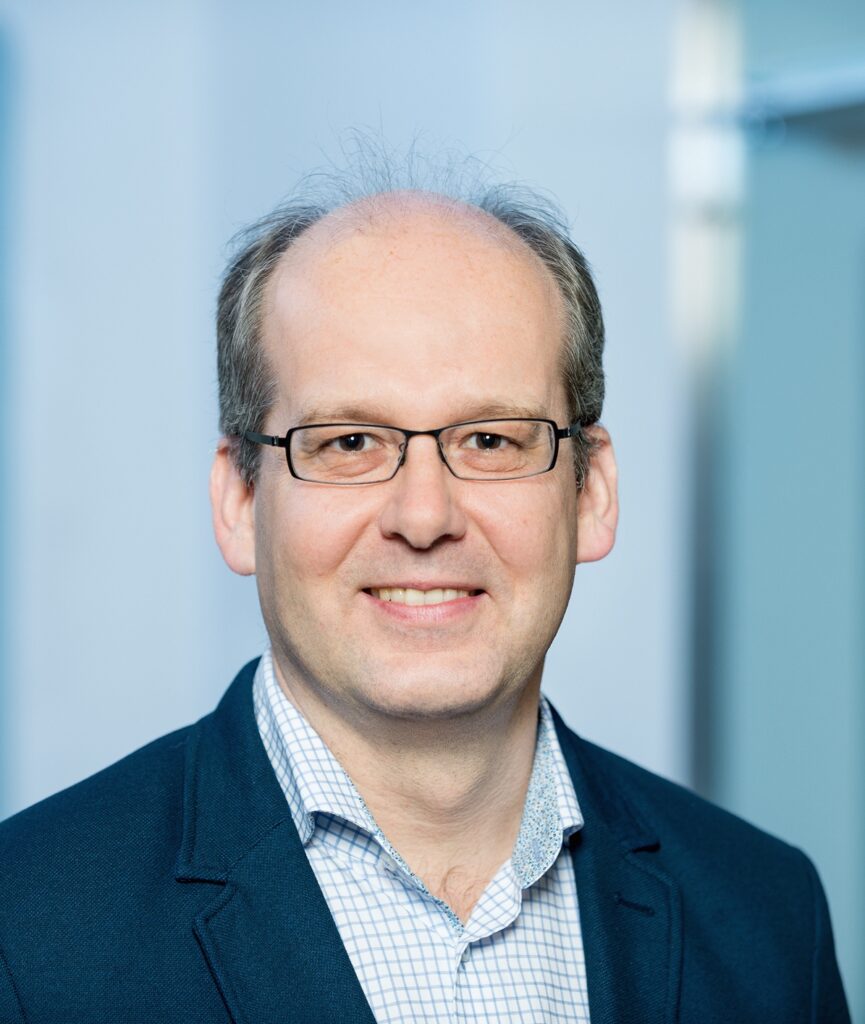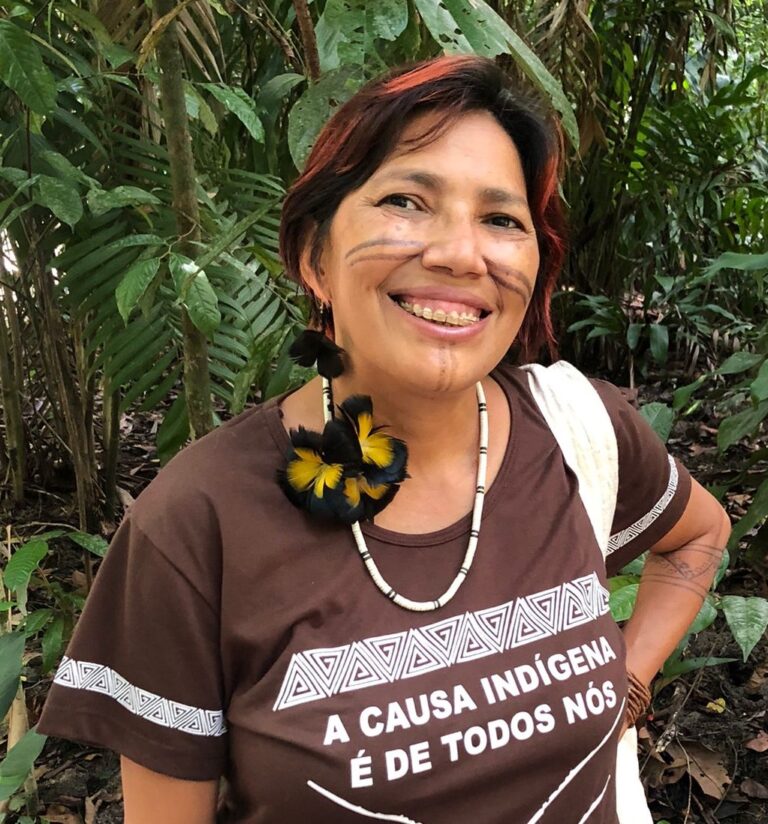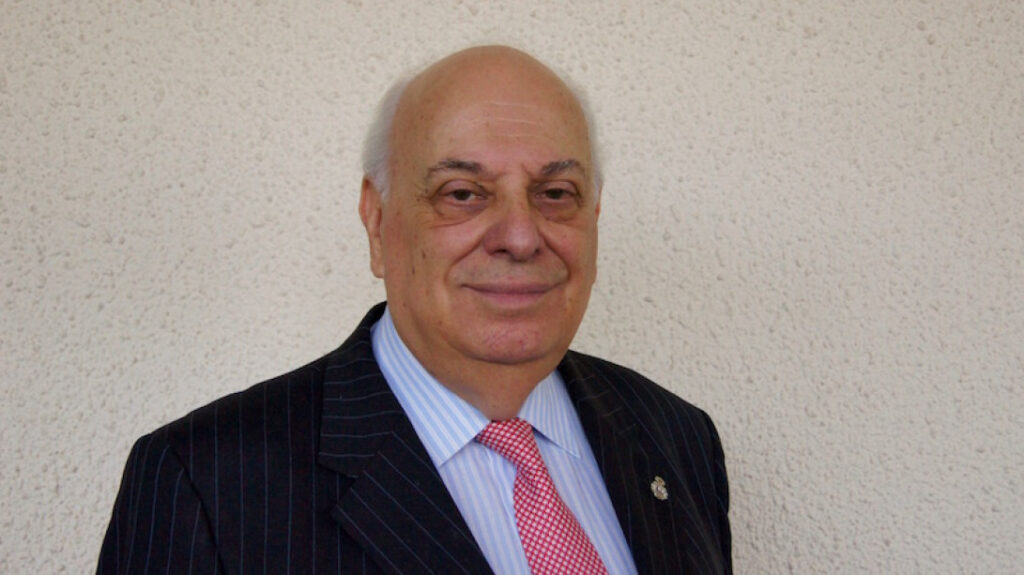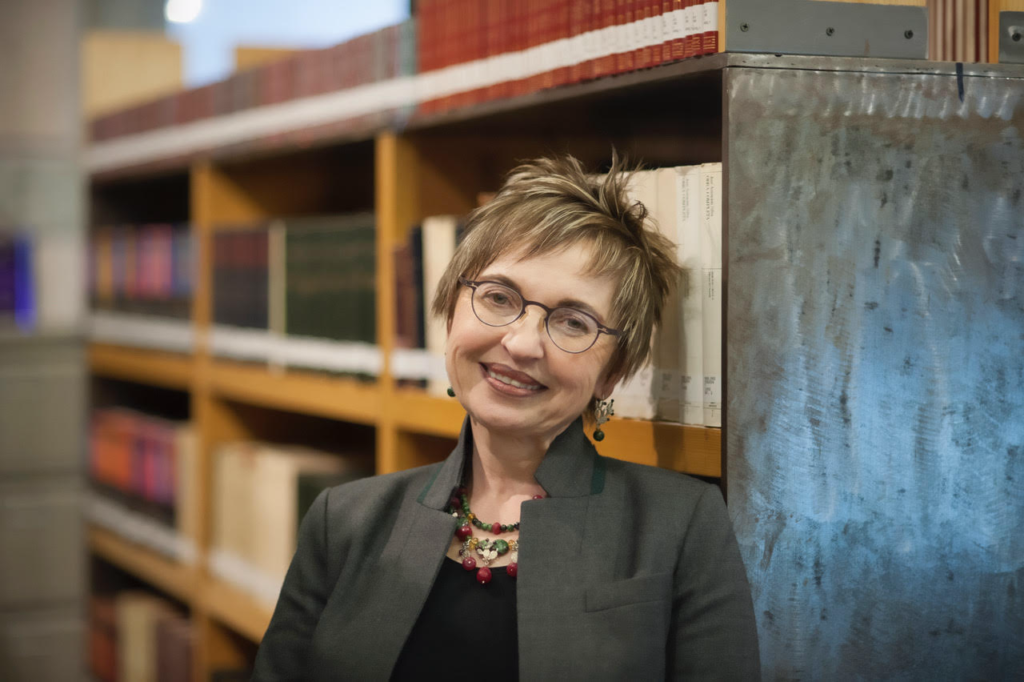TALKS
Plenary talks

Johannes Kabatek
Catedrático de lingüística iberorrománica y lingüística románica comparada en la Universidad de Zúrich desde 2013, director del Centro de estudios latinoamericanos de Zúrich, del Centro gallego de Zúrich y del Archivo Eugenio Coseriu en Tubinga; miembro del Centro Zuriqués de Lingüística (ZüKL) y del proyecto colaborativo URPP Language and Space. Es miembro correspondiente de la Real Academia Galega y miembro correspondiente de la Real Academia Española. En 2016 obtuvo el título de doctor honoris causa por la Universidad de Suceava (Rumanía). Desde 2012 dirige la Revista Internacional de Lingüística Iberoamericana. Sus más de 150 publicaciones científicas están dedicadas a diversas cuestiones de lingüística hispánica, iberorrománica, románica y general: sintaxis histórica, lingüística de corpus, lengua y texto, teoría del cambio lingüístico, semántica, lingüística variacional y sociolingüística, pragmática, contacto de lenguas, lenguas de España, literatura española medieval y traducción, historia del portugués e historia del hispanismo.
Professor of Ibero-Romance Linguistics and Comparative Romance Linguistics at the University of Zurich since 2013, director of the Zurich Latin American Studies Center, the Zurich Galician Center, and the Eugenio Coseriu Archive in Tübingen; member of the Zurich Center for Linguistics (ZüKL) and the URPP Language and Space collaborative project. He is a corresponding member of the Royal Galician Academy and a corresponding member of the Royal Spanish Academy. In 2016, he was awarded an honorary doctorate by the University of Suceava (Romania). Since 2012, he has been the editor of the International Journal of Ibero-Romance Linguistics. His more than 150 publications are dedicated to various issues in Hispanic, Ibero-Romance, Romance, and general linguistics: historical syntax, corpus linguistics, language and text, theory of linguistic change, semantics, variational linguistics and sociolinguistics, pragmatics, language contact, languages of Spain, medieval Spanish literature and translation, history of Portuguese, and the history of Hispanic studies.

Ana Vilacy Galúcio
Ana Vilacy Galucio es Doctora en Lingüística por la Universidad de Chicago. Actualmente es investigadora principal del Museu Paraense Emílio Goeldi, instituto de investigación del Ministerio de Ciencia, Tecnología e Innovación de Brasil, donde también es conservadora de la Colección de Lingüística, y profesora del Programa de Posgrado en Diversidad Social (PPGDS) del Museo Goeldi y del Programa de Posgrado en Lingüística y Literatura de la Universidad Federal de Pará. Especializada en el estudio y documentación de las lenguas de los pueblos originarios de Brasil, con especial interés en estudios de morfosintaxis y lingüística histórica, y estrategias de (re)vitalización de lenguas minorizadas. Sus actividades más recientes incluyen la participación en el desarrollo de diccionarios multimedia para las lenguas indígenas y el proyecto «documentación de las lenguas en grave peligro de extinción Makurap y Wayoro (Brasil): cultura tradicional material e inmaterial, y sus conocimientos asociados» (ELDP/MPEG).
Ana Vilacy Galucio has a PhD in Linguistics from the University of Chicago. She is currently a senior researcher at the Museu Paraense Emílio Goeldi, a research institute of the Brazilian Ministry of Science, Technology and Innovation, where she is also curator of the Linguistics Collection, and Professor of the Graduate Program in Social Diversity (PPGDS) of the Goeldi Museum and of the Graduate Program in Linguistics and Literature of the Federal University of Pará. She specializes in the study and documentation of the languages of the native peoples of Brazil, with special interest in studies of morphosyntax and historical linguistics, and strategies of (re)vitalization of minoritized languages. Her more recent activities include participation in the development of multimedia dictionaries for the indigenous languages and the project “documentation of the severely endangered languages Makurap and Wayoro (Brazil): material and non-material traditional culture, and its associated knowledge” (ELDP/MPEG).

Gašper Beguš
Gašper Beguš es Profesor Asistente en el Departamento de Lingüística de la Universidad de California en Berkeley, donde dirige el Laboratorio de Habla y Computación de Berkeley. Combina el aprendizaje automático y modelos estadísticos con neuroimagen y experimentos conductuales para comprender mejor cómo las redes neuronales profundas aprenden representaciones internas y cómo los humanos aprenden a hablar. Se centra en construir modelos realistas de aprendizaje del lenguaje humano utilizando redes neuronales profundas que sean útiles para modelar varios niveles de representaciones lingüísticas, así como la adquisición del lenguaje, la evolución y el cambio lingüístico. También desarrolló un enfoque empírico para distinguir las influencias culturales y cognitivas en la fonología. Ha publicado sobre sistemas de sonido de diversas familias lingüísticas, como las lenguas indoeuropeas, caucásicas y austronesias.
Gašper Beguš is an Assistant Professor at the Department of Linguistics at UC Berkeley where he directs the Berkeley Speech and Computation Lab. He combines machine learning and statistical models with neuroimaging and behavioral experiments to better understand how deep neural networks learn internal representations and how humans learn to speak. He focuses on building realistic models of human language learning using deep neural networks that are useful for modeling several layers of linguistic representations as well as language acquisition, evolution, and language change. He also developed an empirical approach for distinguishing cultural and cognitive influences on phonology. He published on sound systems of various language families such as Indo-European, Caucasian, and Austronesian languages.

Alfredo Matus Olivier
Profesor Emérito de la Universidad de Chile, Director honorario de la Academia Chilena de la Lengua y director del Boletín de Filología de la Universidad de Chile. Realizó estudios de Lingüística Románica en la Universidad de Chile y posgrados en Lingüística Románica en las universidades de Tubinga y Heidelberg (Alemania). Ha sido vicerrector académico de la Universidad de Chile y presidente del Instituto de Chile. Es autor de numerosos trabajos de lingüística románica, ha dirigido el Diccionario de uso del español de Chile (2010), entre otros, y ha sido un constante propulsor de los estudios diacrónicos en Chile.
Emeritus Professor at the University of Chile, Honorary Director of the Chilean Academy of Language, and Director of the Bulletin of Philology at the University of Chile. He studied Romance Linguistics at the University of Chile and pursued postgraduate studies in Romance Linguistics at the universities of Tübingen and Heidelberg (Germany). He has served as Academic Vice-Rector of the University of Chile and President of the Institute of Chile. He is the author of numerous works on Romance linguistics, has directed the Diccionario de uso del español de Chile (2010), among others, and has been a constant promoter of diachronic studies in Chile.

Jóhanna Barðdal
Jóhanna Barðdal es Profesora de Lingüística Escandinava en la Universidad de Gante desde 2013, co-editora fundadora del Journal of Historical Linguistics y editora fundadora de la serie Brill's Studies in Historical Linguistics. Ha escrito tres monografías, es coautora de una gramática de referencia y co-editora de ocho volúmenes de libros y números de revistas. Sus publicaciones académicas suman más de cien obras, enfocándose en la marcación de casos y su desarrollo, la relación entre la marcación de casos y la semántica verbal, la estructura argumental, las funciones sintácticas, los sujetos no nominativos, las correspondencias forma-significado, la productividad y variación en la marcación de casos y la estructura argumental, la gramática de construcción histórico-comparativa germánica e indoeuropea, la lingüística cognitiva, así como la reconstrucción sintáctica y semántica. Ha atraído con éxito financiación para investigación de varios organismos de financiación prestigiosos a lo largo de los años, de los cuales los dos últimos fueron una beca consolidadora del ERC (Consejo Europeo de Investigación) y una beca de residencia del NIAS (Instituto Neerlandés de Estudios Avanzados en Humanidades y Ciencias Sociales).
Jóhanna Barðdal is a Professor of Scandinavian Linguistics at Ghent University since 2013, a founding co-editor of the Journal of Historical Linguistics and a founding series editor of Brill’s Studies in Historical Linguistics. She has authored three monographs, co-authored one reference grammar, and co-edited eight book volumes and journal issues. Her scholarly publications count more than hundred works , focusing on case marking and its development, the relation between case marking and verbal semantics, argument structure, syntactic functions, non-nominative subjects, form–meaning correspondences, productivity and variation in case marking and argument structure, historical–comparative Germanic and Indo-European construction grammar, cognitive linguistics, as well as syntactic and semantic reconstruction. She has successfully attracted research funding from several prestigious funding bodies throughout the years, of which the last two were a consolidator grant from ERC (the European Research Council) and an in-residence fellowship from NIAS (the Netherlands Institute of Advanced Study in the Humanities and Social Sciences).

Concepción Company Company
Concepción Company Company estudió en la Universidad Nacional Autónoma de México (UNAM). Es autora de 19 libros y coordinadora o directora de 28, además de haber escrito más de cien artículos o capítulos de libros en revistas y libros de arbitraje internacional. Ha sido ponente plenarista en 45 congresos internacionales e impartido cursos como profesora invitada en diversos países. Entre sus obras destacan los diez tomos de la Sintaxis histórica de la lengua española (publicados entre 2006, 2009, 2014, en prensa). Codirige, junto con Virginia Bertolotti, el Corpus Diacrónico y Diatópico del Español de América (CORDIAM) (www.cordiam.org), radicado en la Academia Mexicana de la Lengua. Sus áreas de investigación son la filología, la ecdótica, la sintaxis histórica, la gramática histórica, la teoría del cambio lingüístico y la historia de la lengua española. Es miembro emérito del Sistema Nacional de Investigadores (SNI) nivel máximo. Es investigadora emérita de la UNAM y miembro de número de la Academia Mexicana de la Lengua, institución de la que actualmente es su directora adjunta. CV
Concepción Company Company studied at the Universidad Nacional Autónoma de México (UNAM). She is the author of 19 books and coordinator or director of 28, in addition to having written more than a hundred articles or book chapters in internationally peer-reviewed journals and books. She has been a plenary speaker at 45 international conferences and has taught courses as a visiting professor in diverse countries. Among her notable works are the ten volumes of the Sintaxis histórica de la lengua española (published between 2006, 2009, 2014, in press). She co-directs, along with Virginia Bertolotti, the Corpus Diacrónico y Diatópico del Español de América (CORDIAM) (www.cordiam.org), based at the Mexican Academy of Language. Her research areas are philology, ecdotics, historical syntax, historical grammar, the theory of linguistic change, and the history of the Spanish language. She is an emeritus member of the National System of Researchers (SNI) at the highest level. She is an emeritus researcher at UNAM and a full member of the Mexican Academy of Language, an institution of which she is currently the deputy director.
web: http://www.concepcioncompany.net
- General Sessions
- ICHL annual meeting
- Panel
Workshops
Frederic Blum, Johann-Mattis List, Alejandra Regúnaga
Challenges for Computer-Assisted Language Comparison
Contact: ichl25@calclab.org
María Mare
Theorizing word-class change
Contact: mare.purcigliotti@gmail.com
Abstract: W2-Theorizing word-class change
Robin Meyer, Lutz Marten, Hannah Gibson, Teresa Poeta, Aicha Belkadi, Victoria B. Fendel, Marwan Kilani, Neige Rochant
The Comparative Method is not enough: Innovating historical linguistic methodology
Contact & Info: https://sites.google.com/view/ichl27cm
Andrés Enrique-Arias, Marina Gomila Albal
Language corpora and dialectal variation in a historical perspective
Contact: andres.enrique@uib.es
W4-Language corpora and dialectal variation in a historical perspective
Rebecca Paterson, Hugh Paterson III
The associative construction and friends within Niger-Congo: When nouns unite
Contact: beckydpaterson@gmail.com
W5-The associative construction and friends within Niger-Congo When nouns unite
Tine Breban, Kersti Börjars
Multiple source explanation in syntactic change
Contact: tine.breban@manchester.ac.uk
Abstract: W6-Multiple source explanation in syntactic change
Estefanía Baranger, Martín Califa, Felipe Hasler, Aldo Olate
Marcación argumental y fenómenos de cambio de valencia en lenguas indígenas americanas / Argument marking and valency changing phenomena in the native languages of the Americas
Contact: martin.califa@unahur.edu.ar
Abstract: W7-Marcación argumental y fenómenos de cambio de valencia en lenguas indígenas americanas
Vilacy Galúcio, Andrey Nikulin
Diachrony of indigenous languages of South America: Advances and new trends / Diacronía de las lenguas indígenas suramericanas: avances y nuevas tendencias
Abrastract: W9-Diachrony of indigenous languages of South America_advances and new trends
